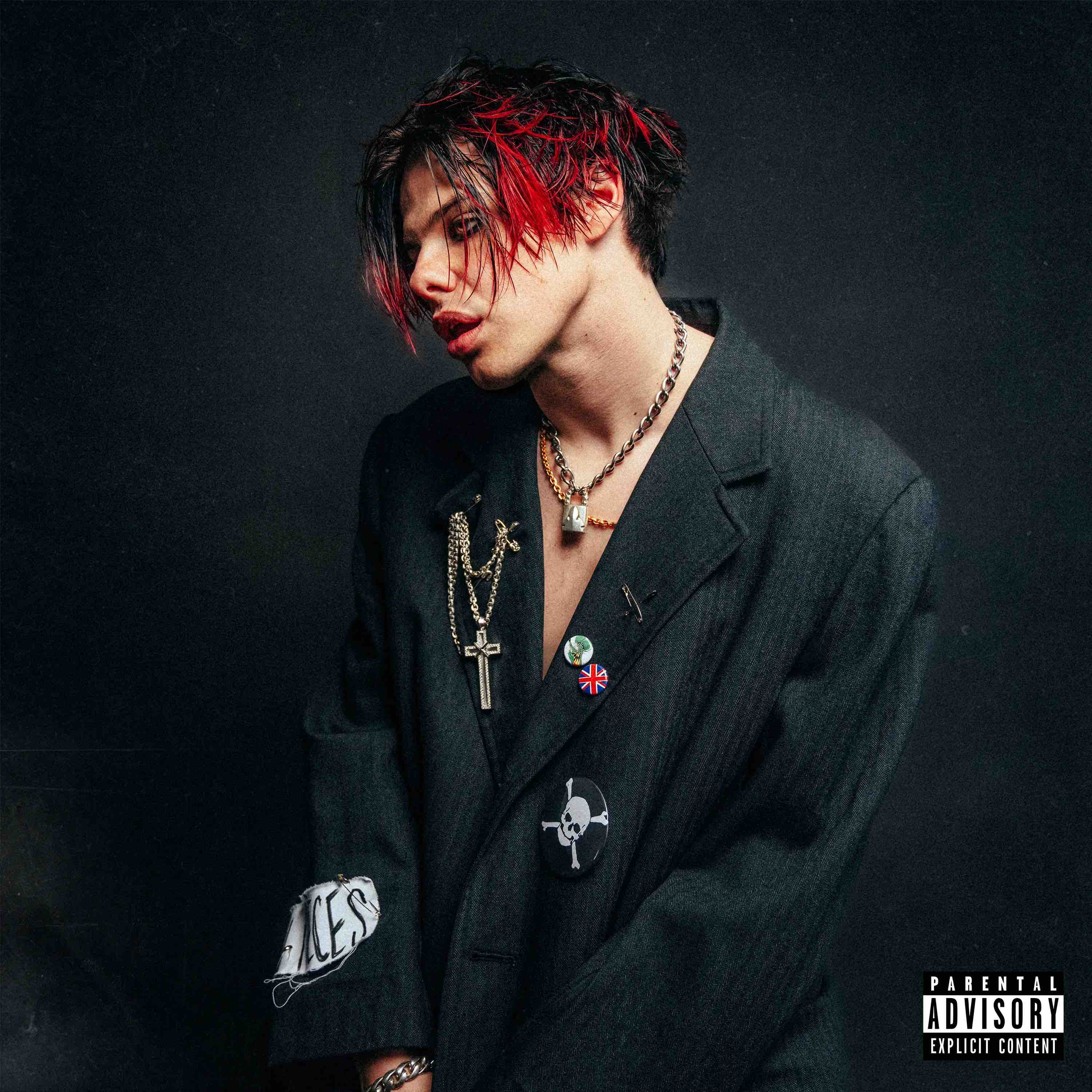Yungblud
Yungblud
GEFFEN
You love Yungblud, the tense, rocking British vocalist who Mick Jagger once called the future of music. I love Yungblud, the gruff theatrical singer whose cover of Bowie’s “Life on Mars” is nearly as dramatic and sweeping as its original, yet with an incendiary, almost vicious edge to its tender rendition. So, what’s the problem with his third, self-titled album? Mostly everything.
For one, its production team of Chris Greatti, Dylan Brady, Matt Schwartz, and Yungblud himself has removed the cultured-pearl classicism and glam-goth density of previous recordings such as 2020’s Weird! and replaced it all with the slick sheen of producer Travis Barker’s recent excursions into emo and power-punk. Don’t get this twisted: I love what Barker’s done for Avril Lavigne, Willow (who appears here on “Memories”), and Machine Gun Kelly in giving their broken, jagged-thumbnail brand of rock hints of sleek precision. Doing the same for Yungblud, however, is like healing a gaping wound too quickly and cleanly—you gotta let that bitch bleed in order to elicit the most pain from cuts such as “The Funeral” and “I Cry 2.”
Secondly, the level of commitment from Yungblud—as both a writer of melody and as a hammy vocalist—has subsided from his initial bleeding-heart, Brit-punk salvo, 21st Century Liability. Take the new, strummy acoustic ballad “Die for a Night.” I never doubted for a second Yungblud’s sincerity in his writing about his willingness to croak. But by the time the song’s over, with its icy intonation and self-worried woe proving nothing more than catty and treacly, I can’t imagine him getting a papercut without crying. “The Boy in the Black Dress” promises to take its gender-switch approximations somewhere smart and starry-eyed, yet the twinkle peters out mid-song as if he forgot where he was going. Was this track done in pieces? Very bad and difficult pieces?
As for its lyrics, Yungblud forges facile lines such as “I don’t want you to hide your issues / Blow them into your tissues”—verses that are just plain stupid, not the work of a Bowie acolyte, and not worthy of considering any sort of future of rock and roll. It’s almost as if Yungblud, somewhere near the start of this third album, just went, “Nah, not right now,” but with studio time booked, and a deadline to meet, went ahead anyway.
Take it back, Mick Jagger. You were wrong. Yungblud: put your back into it next time.









